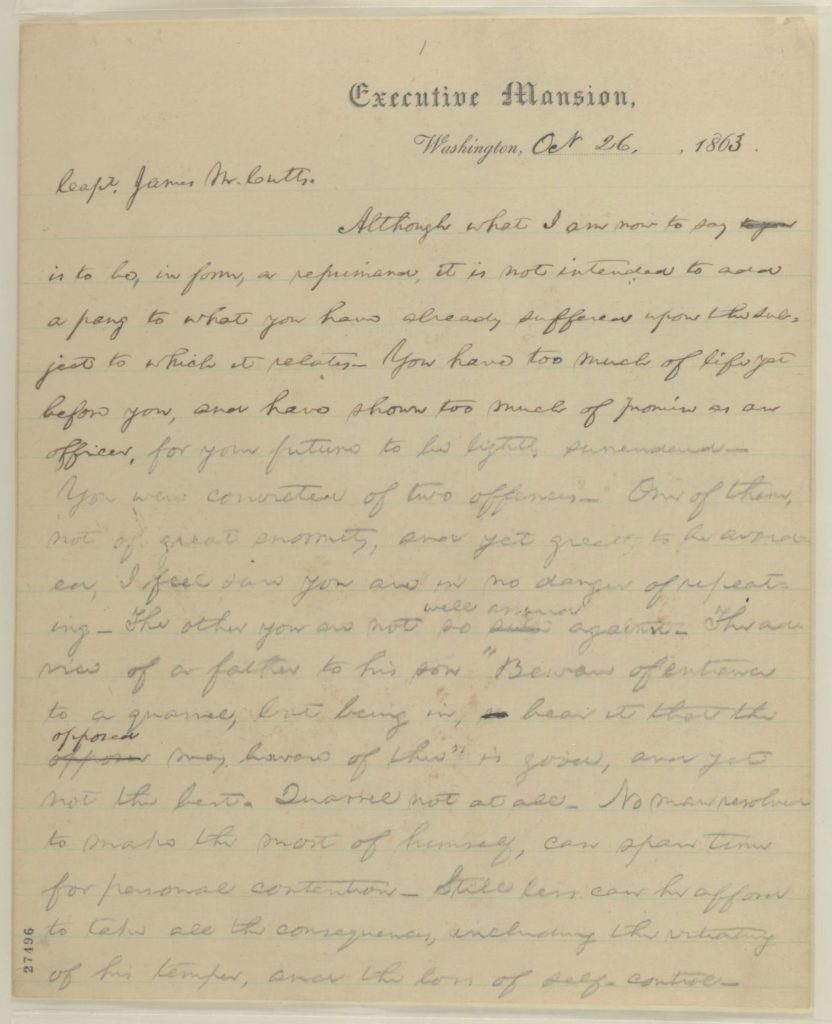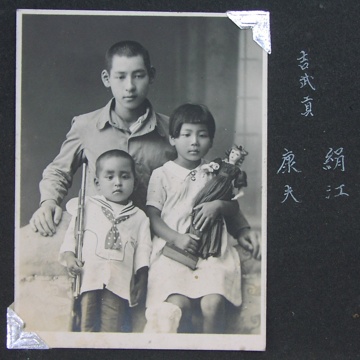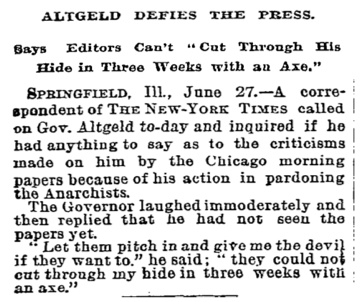Doing some research on a possible future project, I came across this: a judge passing sentence in a Revolutionary War case that today might be called today attempted murder with special circumstances. The prisoner, named Abijah Wright, had with several confederates broken into the home of a Pennsylvania militia colonel; his intent was to murder the colonel or deliver him to the British; but the colonel, aided by one of his sons, “discomfited” the attackers. Wright was captured, tried and convicted of “felony and burglary,” and sentenced to death. (He was also charged with treason, but there’s no record of how the jury disposed of that charge, apparently; I found a recent paper on Wright’s trial, one of nearly two dozen similar proceedings held in late 1778 and early 1779 in Philadelphia).
Here’s what the judge had to say to Mr. Wright:
“YOU have been indicted of a burglary and thereto pleaded that you were not guilty, and for trial put yourself upon God and your Country: They have found you guilty. What have you to say, why sentence of death should not be pronounced against you?
“(A long pause ensued and no answer)
“A copy of your indictment, and of the panel of the jury who were to try you, was delivered to you many days before your trial, that you might be prepared in the best manner for your defence and challenges. Upon your trial you have had two able Counsels assigned you by the Court to render you every possible assistance. A sensible and unbiased jury have found a verdict against you upon as clear and full evidence as ever was given in a Court of Justice. It only remains for the Court to pronounce the awful sentence prescribed by law.
“Before this is done it may be useful to you to remind you of the heinousness of your crime, and in what manner you ought to employ the few days which may be allotted to you in this life. The law has so particular and tender a regard to the immunity of a [man’s] house, that it stiles it his Castle, and will never suffer it to be violated with impunity. You have in the dead of night, with a number of desperate ruffians, broke and entered the mansion house of Colonel Andrew Knox, in this county, then peaceably in his bed, it being after midnight, and when all the creation, except beasts of prey, were to be supposed at rest. You broke and entered this house in a hostile manner, with arms in your hands and with an intent to murder the owner, having discharged many loaded muskets at him. It has been alledged, that you might have intended not to murder him, but to carry him away a prisoner to the enemy, then in possession of this city. This is so far from being an extenuation of your guilt, that it is an aggravation of it; for you, in such a case, would have been guilty of treason. … [Y]ou, his countryman … attempted to put him into the power and under the dominion of his inveterate foes, foes to God and man, by whom you were sure he would at least have been confined in a loathesome dungeon, if not assassinated, or starved to death. But he, with the assistance of his son, discomfitted seven of you, whatever your wicked purposes might have been, and has proved that he was not deficient in that prowess and courage necessary for the station he was in. …
“Let me intreat you for God’s sake, who wisheth not the death of a sinner; for Christ’s sake, who died for all mankind; for your own sake, whose eternal happiness or misery depend upon a sincere repentance; to reflect seriously upon your past life, to redeem your time, and to be earnest and importunate at the throne of grace for mercy and forgiveness. If your desire the conversation, advice or prayers of any pious divines, or other good men, the Court will use their best endeavors to obtain them for you. Do not go out of the world in the manner too, too many thoughtless wretches in your condition are apt to do. Be convinced of the justice of your punishment, ask pardon of your offended country; but strive, above all things, to make your peace with God.
“Having now discharged my duty to you as a Christian, I must resume the office of the Judge.
” ‘YOU shall be taken back to the place from whence you came, and from thence to the place of execution, and there be hanged by the neck until dead.’ God be merciful to your soul.”
Like this:
Like Loading...




